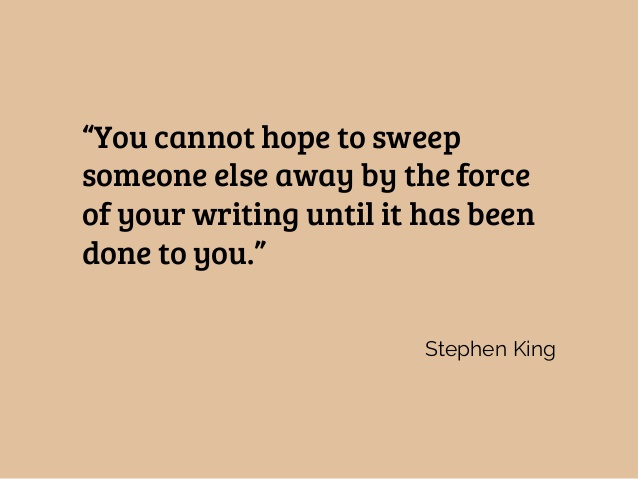The latest issue of Poets & Writers magazine features an article about Judy Blume. She just released a new, for-adults book called In the Unlikely Event (which is currently sitting in my Amazon cart).
A particularly intriguing part of the article:
Blume suffered an existential funk in the early 1980s after reading Dad (Knopf, 1981) by William Wharton, whose prose struck her as so superior to her own that she felt paralyzed. “I was so caught up in the book that it totally took away all my confidence,” she says. “I just felt, ‘Why am I doing this? I can’t write this well. I will never write as well as this.’ And I couldn’t write at all for three months.”
Blume says she has made peace with her limitations as a prose stylist: “It was never about putting the words on paper… I’m not that kind of writer, as many people would tell you. It’s about getting the story out, the story and the characters. It’s not about the language. I do what I have to do to tell the story.”
I was both surprised and comforted to learn that even a writer as great and successful as Judy freaking Blume doubts her skill. Maybe all writers have some uncertainty about their worth/abilities/talent/whatever.
I, for one, have insecurities about my writing. I see myself as a somewhat minimalist writer. I rush sometimes. I don’t know how to spend a page describing a blade of grass. I don’t necessarily envy writers who have that way with words; I look at them as a totally different species. I’m good at dialogue, though. And I’m good at pace and rhythm. I know my strengths–and weaknesses.
Writer envy is a funny thing. Maybe envy isn’t even the word. It starts as admiration and awe, and becomes a paralyzing force when the comparison game begins. The comparison game is never good–in writing or in life. When I read a Jeffrey Eugenides book, for instance, I am blown away to the point of thinking, “Wow, I will never be this kind of amazing.” Right now, I’m reading an awesome book by Maggie O’Farrell and I’ve had similar thoughts. I think the key is to stay in the admiration/awe zone and avoid drifting into the “I suck” zone. Easier said than done, I know. There’s a fine line between inspiration and ego deflation.
I maintain hope of becoming a better writer by reading the people I admire most. Always growing, right? Stephen King said it best:

